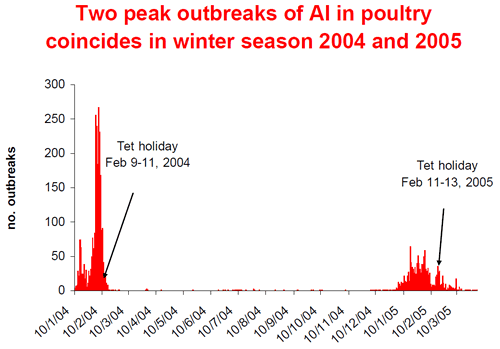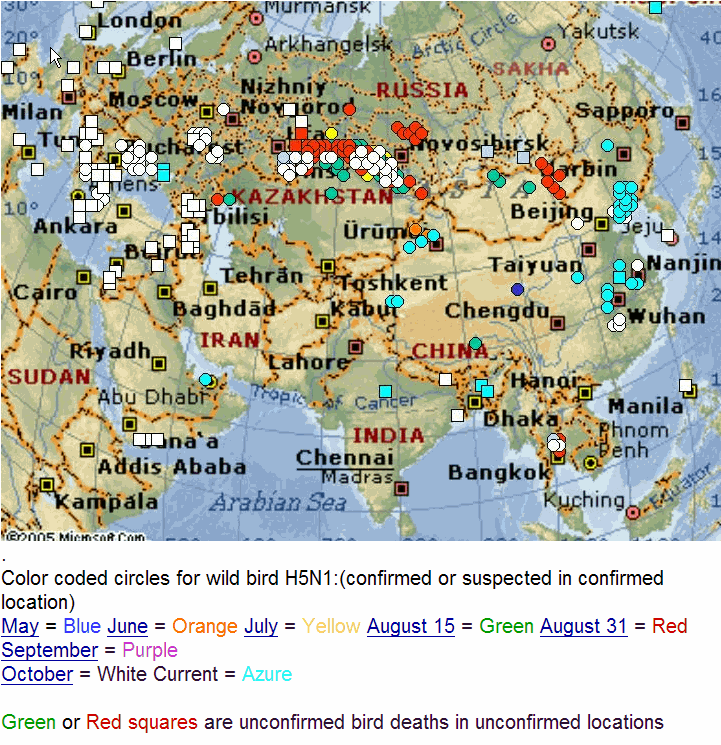Peter Gibbons,
I'm just going back to see why John did not like your questions since apparently he feels you are just trying to make a fool out of him.
I don't think that is the case, but whatever.
http://www.fourthturning.com/forums/...=145810#145810
#1,
This really isn't a question that has to do with the core of GD. John was explaining problems people had with the book. TFT doesn't go into detail about why WWII is a crisis and WWI wasn't.
#2,
He works off S&H's theory, and although you might think he leaves them behind, he believes he doesn't. Who cares?
#3,
Correct me if I'm wrong, but Strauss and Howe called these anomalies.
#4,
This is nothing.
#5,
I don't know what this is.
#6,
You were just repeating what John had said. They were "heroes" because they fought in the war. They weren't heroes because they didn't have hero personalities. You misunderstood here.
#7,
Moving the end of a crisis up a little bit is different then what S&H did, but it doesn't "leave them behind." You mention the depression, and since John equates economic troubles to 4Ts, that is a valid question.
If the crisis ended in 1782, then there must be a 5T. If it ended later, then there isn't one.
#8,
this isn't a question.
---
The problem is John thinks that he hasn't left TFT behind and you think he has. Peter thinks in order to "stay with" TFT theory, your definition of the crisis must be the same. John thinks otherwise. If this is your only objection, then simply say it. This isn't "a problem" with GD, and you aren't exposing him.
It seems that your question is: Why do you think you haven't left TFT behind when your definition of the crisis is completely different?
Maybe he can answer that.



